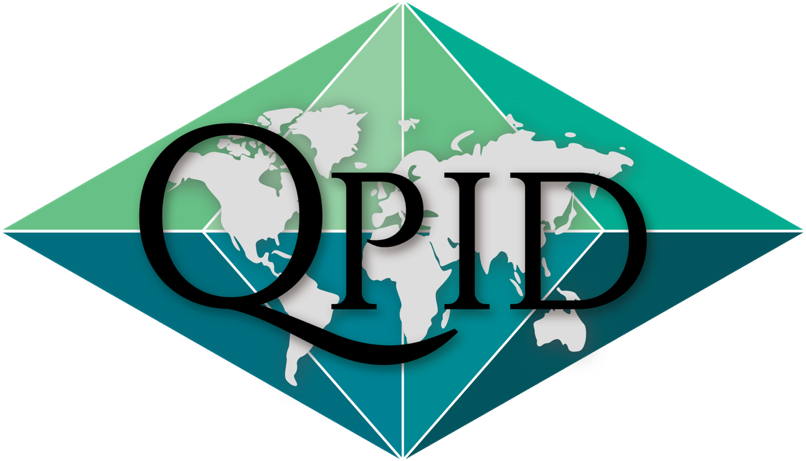A Unique Place in my Heart for a Unique Place in the World
Written by: Sujay Nagaraj, QPID Projects C0-Director
Who doesn’t love to travel? The thrill of being somewhere you’ve never been kindles the curiosity of the human spirit. As you travel, you find places that speak to different parts of your psyche – the regal history of London or the cosmopolitan bustle of Singapore. I’ve shared a little bit about a place that stands above the rest and draws me back in time and time again;
“I was brought up in Calgary with only pictures and stories of where I was from. My imagination pieced together the wonderful images and narratives that I had heard.”
I was born in a tiny hospital in the middle of Bangalore, India. I had a passport before I was even able to walk because I was not going to be raised in the city I was born in. My parents and I immigrated to Canada in the spring of 1999 and within 15 days of our arrival, we experienced our first snowfall. I don’t remember anything of it but I can only imagine my parents’ surprised reactions. I was brought up in Calgary with only pictures and stories of where I was from. My imagination pieced together the wonderful images I had seen through photographs and seemingly far off narratives that I had been told. I realize now that my idea of my birth place was certainty far from reality but how much can a child truly understand about the nuances of a developing country.
“I do not remember much about that trip but in the first few weeks that I was there, I absolutely hated it.”
I was seven years old when I went back for the first time. A dream of a better future brought us to Canada and a family emergency took us back. I do not remember much about that trip but in the first few weeks that I was there, I absolutely hated it. The noise and pollution were too much to handle, certainly. However, I think it was the fact that the country did not fit my preconceived idea of it that I resented being there. Furthermore, 7-year old me had an identity crisis – local children made fun of my accent and I knew that my knowledge of the local language was incomplete. However, after being spoiled with food and toys by family, I came around. I cried at the airport because I did not want to leave.
“I was used to the noise and pollution at this point but I was exposed to the indescribable poverty, the class differences in society, and the insidious remnants of a harsh colonial rule.”
Since then, I have gone back to India 5 more times. India had become associated with the thought of seeing family, going on trips and getting gifts. It was always a very sheltered experience that showed me very little about reality in India – but I enjoyed going none the less. That all changed when I went back in 2015 on a QPID project. This was my first time travelling to India without my family. I would arrive there without the privilege that shielded me on previous trips from the worst aspects of the country. The noise and pollution didn’t bother me so much at this point. This time, I was exposed to the indescribable poverty, the class differences in society, and the insidious remnants of a harsh colonial rule. The clash of preconceived ideas and reality weighed heavily on my experience there. It was not an easy trip. India to me was always a spectacular place, a beacon of perfection. This time I found that in some respects it was quite the opposite. However, through my experience with QPID I was able to see a side of India’s underbelly that was not so bad. I met human rights lawyers dedicating their lives to defending the voiceless. I met one of the founders of an NGO that has been rescuing children from bondage for decades – someone who has seen his friends be killed in the process. I saw a family living in a house made of plastic waste about to be demolished and a mother who cried because she did not want to leave it because, regardless of the condition it was still her home.
This was the second series of revelations I had about India, but it was these revelations that made India burrow its way into my heart. I fell in love with the beauty and diversity of the “postcard imagery”, but I also fell in love with the beauty hidden amongst the ugliness. This experience dramatically changed my perceptions but it did so for the better. I now have a more holistic understanding of a country I consider to be a second home and I am constantly trying to understand what my role is in its development.
